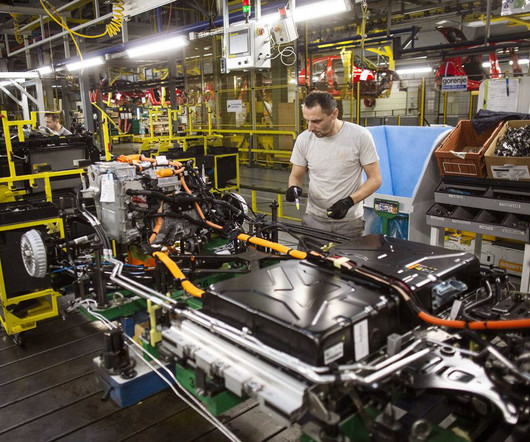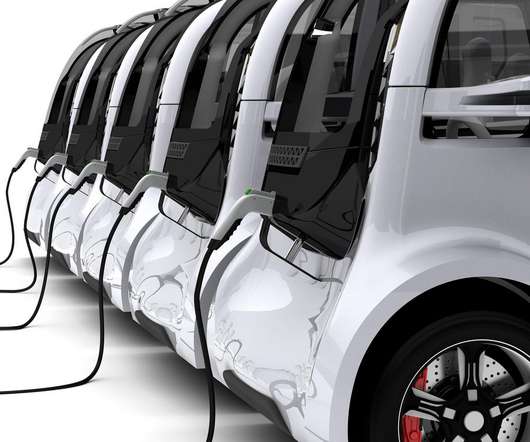GKN, SDS begin production of all-wheel drive disconnect system in China; up to 4% improvement in fuel economy
Green Car Congress
FEBRUARY 16, 2017
The system will initially feature on the Jeep Renegade built for the Chinese market by GAC Fiat Chrysler Automobiles Co., During steady state cruising, the clutch system disengages the rear section of the driveline, eliminating rotating losses and improving highway fuel economy by up to 4%—compared to standard AWD.

















Let's personalize your content